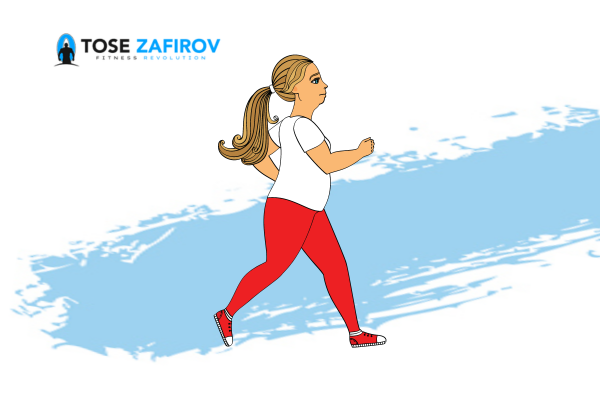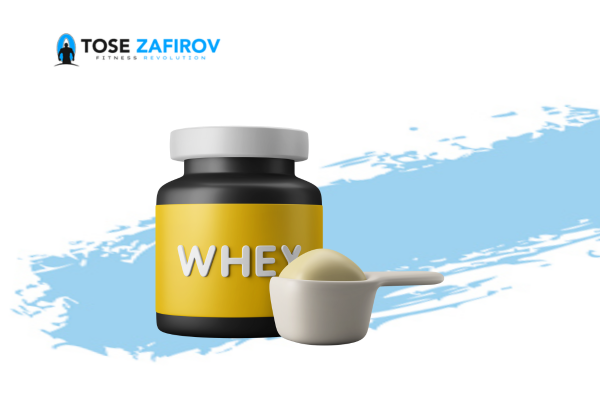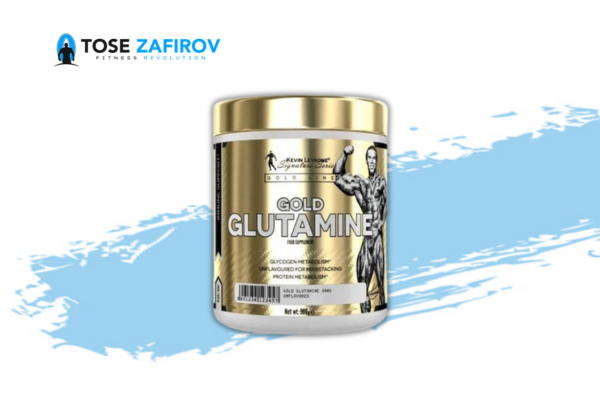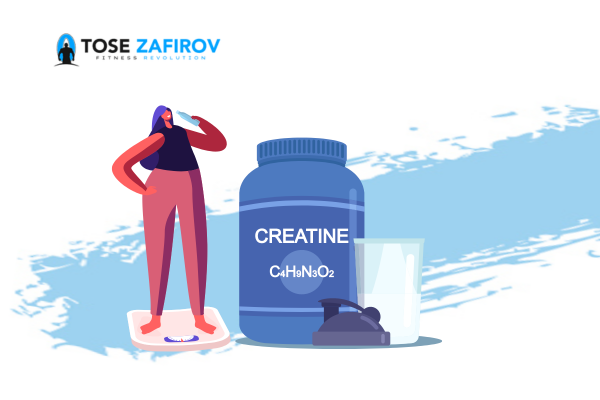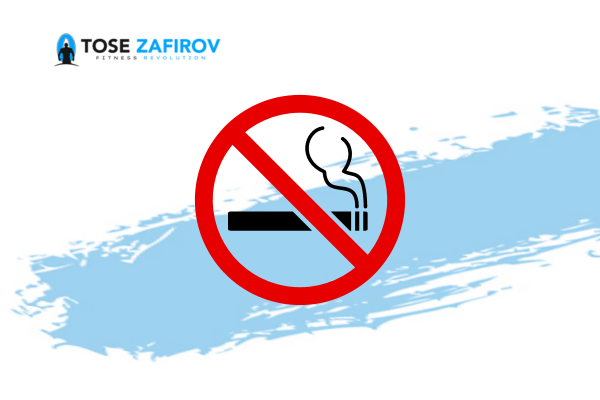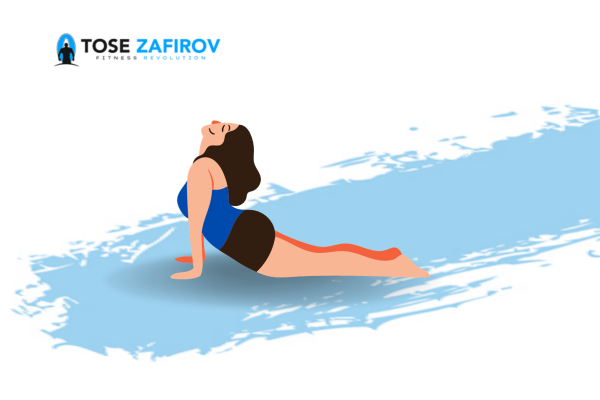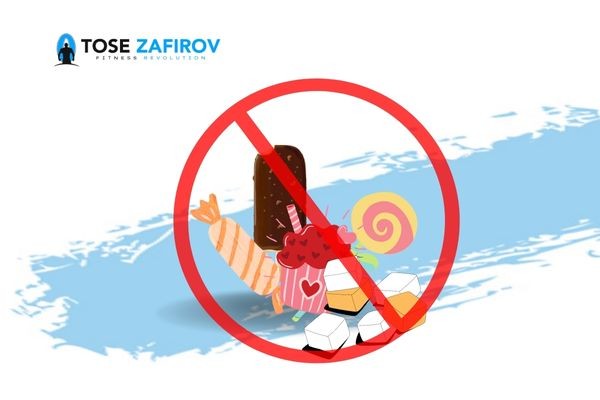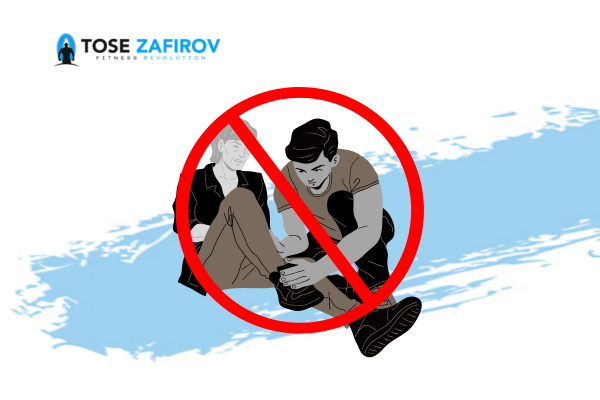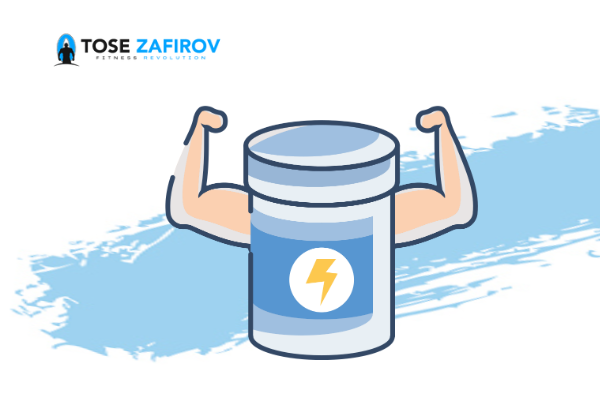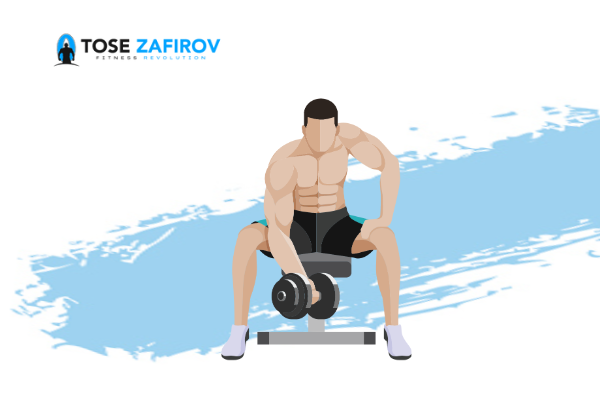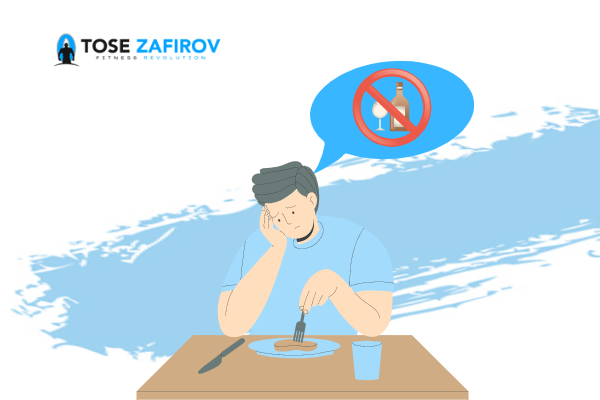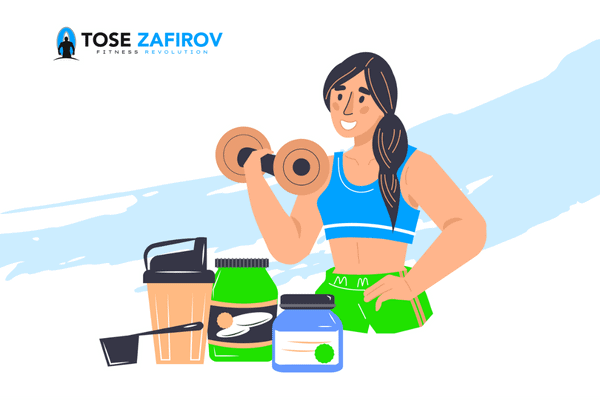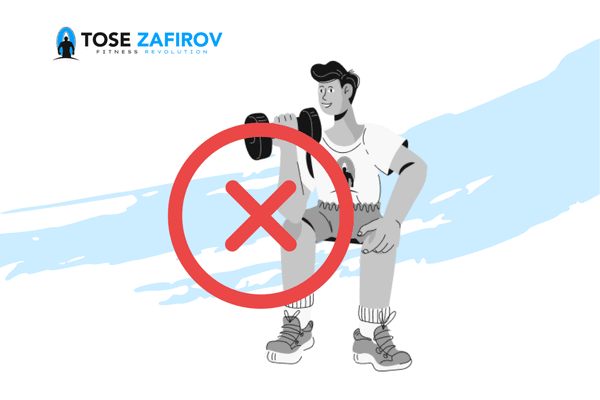If you want to boost your immune health, you may wonder how to help your body fight off illnesses.
While bolstering your immunity is easier said than done, several dietary and lifestyle changes may strengthen your body’s natural defenses and help you fight harmful pathogens, or disease-causing organisms.
Key Takeaways:
- Prioritize quality sleep, aiming for 7 or more hours each night.
- Incorporate whole plant foods rich in antioxidants and fiber for improved immunity.
- Consume healthy fats like olive oil and omega-3s to combat inflammation.
- Boost your gut health with fermented foods or probiotic supplements.
- Limit added sugars to reduce inflammation and support overall health.
- Engage in moderate exercise to enhance the effectiveness of your immune system.
Helpful ways to strengthen your immune system and fight off disease
How can you improve your immune system? On the whole, your immune system does a remarkable job of defending you against disease-causing microorganisms. But sometimes it fails: A germ invades successfully and makes you sick. Is it possible to intervene in this process and boost your immune system? What if you improve your diet? Take certain vitamins or herbal preparations? Make other lifestyle changes in the hope of producing a near-perfect immune response?
Healthy ways to strengthen your immune system
Your first line of defense is to choose a healthy lifestyle. Following general good-health guidelines is the single best step you can take toward naturally keeping your immune system working properly. Every part of your body, including your immune system, functions better when protected from environmental assaults and bolstered by healthy-living strategies such as these:
- Don’t smoke.
- Eat a diet high in fruits and vegetables.
- Exercise regularly.
- Maintain a healthy weight.
- If you drink alcohol, drink only in moderation.
- Get adequate sleep.
- Take steps to avoid infection, such as washing your hands frequently and cooking meats thoroughly.
- Try to minimize stress.
- Keep current with all recommended vaccines. Vaccines prime your immune system to fight off infections before they take hold in your body.
1. Get enough sleep
Sleep and immunity are closely tied.
In fact, inadequate or poor quality sleep is linked to a higher susceptibility to sickness.
In a study in 164 healthy adults, those who slept fewer than 6 hours each night were more likely to catch a cold than those who slept 6 hours or more each night .
Getting adequate rest may strengthen your natural immunity. Also, you may sleep more when sick to allow your immune system to better fight the illness .
Adults should aim to get 7 or more hours of sleep each night, while teens need 8–10 hours and younger children and infants up to 14 hours .
If you’re having trouble sleeping, try limiting screen time for an hour before bed, as the blue light emitted from your phone, TV, and computer may disrupt your circadian rhythm, or your body’s natural wake-sleep cycle .
Other sleep hygiene tips include sleeping in a completely dark room or using a sleep mask, going to bed at the same time every night, and exercising regularly
Note
2. Eat more whole plant foods
Whole plant foods like fruits, vegetables, nuts, seeds, and legumes are rich in nutrients and antioxidants that may give you an upper hand against harmful pathogens.
The antioxidants in these foods help decrease inflammation by combatting unstable compounds called free radicals, which can cause inflammation when they build up in your body in high levels .
Chronic inflammation is linked to numerous health conditions, including heart disease, Alzheimer’s, and certain cancers.
Meanwhile, the fiber in plant foods feeds your gut microbiome, or the community of healthy bacteria in your gut. A robust gut microbiome can improve your immunity and help keep harmful pathogens from entering your body via your digestive tract .
Furthermore, fruits and vegetables are rich in nutrients like vitamin C, which may reduce the duration of the common cold
Pro Tip
Several whole plant foods contain antioxidants, fiber, and vitamin C, all of which may lower your susceptibility to illness.
3. Eat more healthy fats
Healthy fats, like those found in olive oil and salmon, may boost your body’s immune response to pathogens by decreasing inflammation.
Although low-level inflammation is a normal response to stress or injury, chronic inflammation can suppress your immune system.
Olive oil, which is highly anti-inflammatory, is linked to a decreased risk of chronic diseases like heart disease and type 2 diabetes. Plus, its anti-inflammatory properties may help your body fight off harmful disease-causing bacteria and viruses.
Omega-3 fatty acids, such as those in salmon and chia seeds, fight inflammation as well .
Note
Healthy fats like olive oil and omega-3s are highly anti-inflammatory. Since chronic inflammation can suppress your immune system, these fats may naturally combat illnesses.
4. Eat more fermented foods or take a probiotic supplement
Fermented foods are rich in beneficial bacteria called probiotics, which populate your digestive tract .
These foods include yogurt, sauerkraut, kimchi, kefir, and natto.
Research suggests that a flourishing network of gut bacteria can help your immune cells differentiate between normal, healthy cells and harmful invader organisms .
In a 3-month study in 126 children, those who drank just 2.4 ounces (70 mL) of fermented milk daily had about 20% fewer childhood infectious diseases, compared with a control group .
If you don’t regularly eat fermented foods, probiotic supplements are another option.
In a 28-day study in 152 people infected with rhinovirus, those who supplemented with probiotic Bifidobacterium animalis had a stronger immune response and lower levels of the virus in their nasal mucus than a control group .
Note
Gut health and immunity are deeply interconnected. Fermented foods and probiotics may bolster your immune system by helping it identify and target harmful pathogens.
5. Limit added sugars
Emerging research suggests that added sugars and refined carbs may contribute disproportionately to overweight and obesity .
Obesity may likewise increase your risk of getting sick.
According to an observational study in around 1,000 people, people with obesity who were administered the flu vaccine were twice as likely to still get the flu than individuals without obesity who received the vaccine.
Curbing your sugar intake can decrease inflammation and aid weight loss, thus reducing your risk of chronic health conditions like type 2 diabetes and heart disease .
Given that obesity, type 2 diabetes, and heart disease can all weaken your immune system, limiting added sugars is an important part of an immune-boosting diet .
You should strive to limit your sugar intake to less than 5% of your daily calories. This equals about 2 tablespoons (25 grams) of sugar for someone on a 2,000-calorie diet.
Warning
Added sugars contribute significantly to obesity, type 2 diabetes, and heart disease, all of which can suppress your immune system. Lowering your sugar intake may decrease inflammation and your risk of these conditions.
6. Engage in moderate exercise
Although prolonged intense exercise can suppress your immune system, moderate exercise can give it a boost.
Studies indicate that even a single session of moderate exercise can boost the effectiveness of vaccines in people with compromised immune systems .
What’s more, regular, moderate exercise may reduce inflammation and help your immune cells regenerate regularly .
Examples of moderate exercise include brisk walking, steady bicycling, jogging, swimming, and light hiking. Most people should aim for at least 150 minutes of moderate exercise per week .
Moderate exercise can reduce inflammation and promote the healthy turnover of immune cells. Jogging, biking, walking, swimming, and hiking are great options.
Note
Moderate exercise can reduce inflammation and promote the healthy turnover of immune cells. Jogging, biking, walking, swimming, and hiking are great options
7. Stay hydrated
Hydration doesn’t necessarily protect you from germs and viruses, but preventing dehydration is important to your overall health.
Dehydration can cause headaches and hinder your physical performance, focus, mood, digestion, and heart and kidney function. These complications can increase your susceptibility to illness .
To prevent dehydration, you should drink enough fluid daily to make your urine pale yellow. Water is recommended because it’s free of calories, additives, and sugar .
While tea and juice are also hydrating, it’s best to limit your intake of fruit juice and sweetened tea because of their high sugar contents .
As a general guideline, you should drink when you’re thirsty and stop when you’re no longer thirsty. You may need more fluids if you exercise intensely, work outside, or live in a hot climate .
It’s important to note that older adults begin to lose the urge to drink, as their bodies do not signal thirst adequately. Older adults need to drink regularly even if they do not feel thirsty.
Note
Given that dehydration can make you more susceptible to illness, be sure you’re drinking plenty of water each day.
8. Manage your stress levels
Relieving stress and anxiety is key to immune health.
Long-term stress promotes inflammation, as well as imbalances in immune cell function .
In particular, prolonged psychological stress can suppress the immune response in children.
Activities that may help you manage your stress include meditation, exercise, journaling, yoga, and other mindfulness practices. You may also benefit from seeing a licensed counselor or therapist, whether virtually or in person.
Note
Lowering your stress levels through meditation, yoga, exercise, and other practices can help keep your immune system functioning properly.
Improve immunity with herbs and supplements?
Walk into a store, and you will find bottles of pills and herbal preparations that claim to “support immunity” or otherwise boost the health of your immune system. Although some preparations have been found to alter some components of immune function, thus far there is no evidence that they actually bolster immunity to the point where you are better protected against infection and disease. Demonstrating whether an herb — or any substance, for that matter — can enhance immunity is, as yet, a highly complicated matter. Scientists don’t know, for example, whether an herb that seems to raise the levels of antibodies in the blood is actually doing anything beneficial for overall immunity.
The bottom line
A resilient immune system is nurtured through a balanced lifestyle encompassing adequate sleep, nutritious food choices, regular exercise, and stress management. By adopting these healthy habits, you empower your body to defend against infections and maintain optimal well-being.











